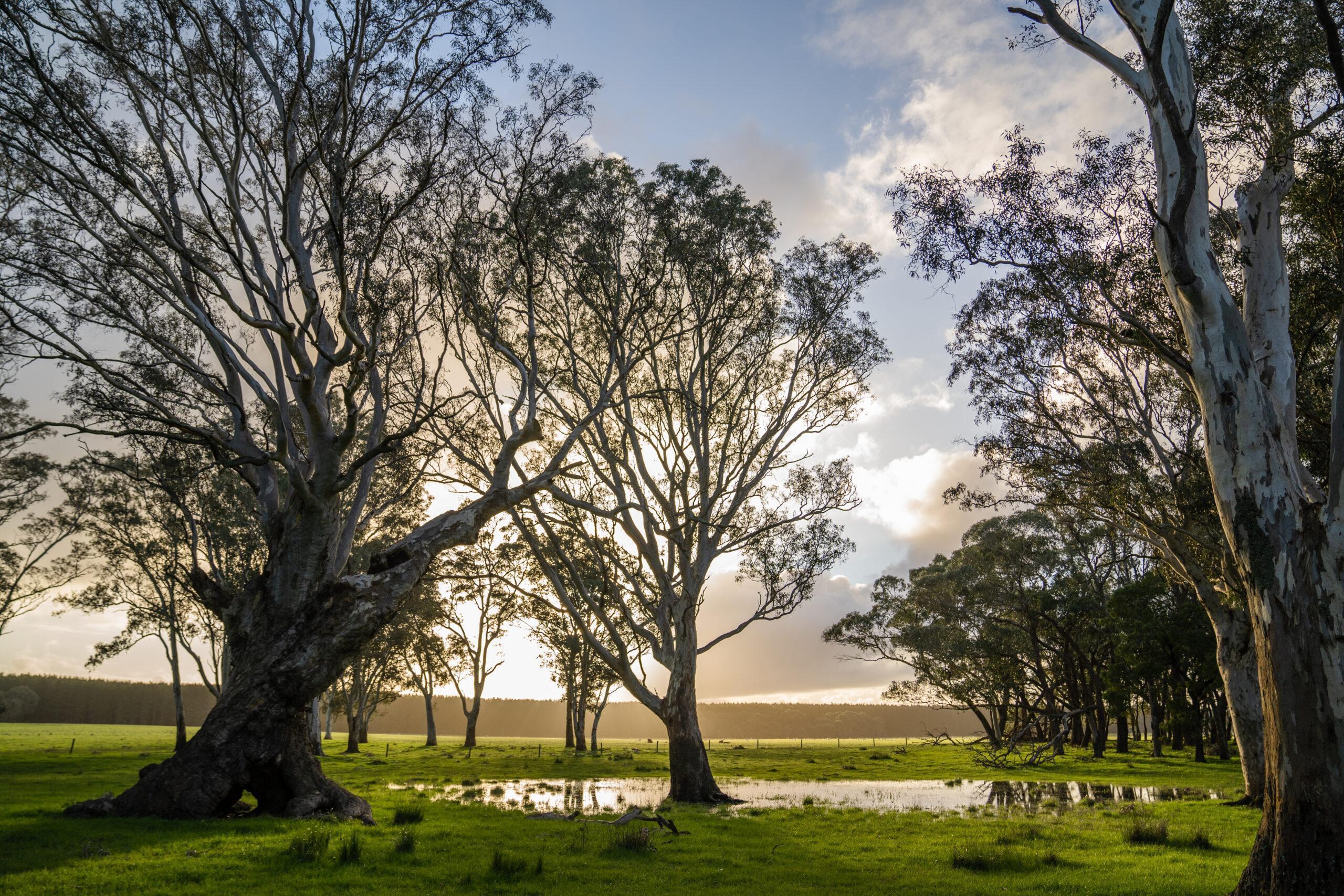Project start date: 01/10/2023
Project end date: 31/12/2026
NESP funding: $700,000 (GST-exclusive)
Natural resource management (NRM) organisations across Australia face the significant challenge of safeguarding Australia’s biodiversity and landscapes against threats posed by climate change. Climate change is a major risk to Australian biodiversity – biodiversity that provides the resilience needed for nature, people and economies to cope and adapt under a changing climate. Unfortunately, in many cases, there isn’t enough funding to fully implement NRM land-management strategies, with some unable to be implemented at all.
 Environmental Rehabilitation Area. Photo: Limestone Coast Landscape Board
Environmental Rehabilitation Area. Photo: Limestone Coast Landscape Board
Through this pilot project, we’re enhancing regional NRM planning processes to consider and demonstrate the benefits that biodiversity provides. These benefits include reducing the effects of climate change and the risk of natural disasters. Our researchers are generating options and opportunities to enable NRM regions to adapt and transform with these changing risks.
Hub researchers are also improving our understanding of what causes funding deficits for biodiversity adaptation interventions and how this can be addressed. This is being done by modifying and applying the ‘enabling resilience investment’ approach in the Limestone Coast NRM region in South Australia, in partnership with the Limestone Coast Landscape Board.
The enabling resilience investment approach comprises a suite of adaptable methods, tools, processes and practices for supporting stakeholders to create adaptation pathways that build from where stakeholders are currently to where they want to be. This includes building coalitions and capabilities within and across communities, business and government, and developing investment processes.
This pilot project draws upon learnings and capabilities from across regional NRM organisations in different parts of Australia. It will demonstrate how to introduce the critical elements of adaptation assessments and stakeholder engagements needed for building investment cases that attract funding and finance. These elements are often left out of traditional resilience assessment and planning processes.
By incorporating adaptation and resilience thinking into regional NRM planning processes, this project will contribute to the design and delivery of projects that attract investments and deliver long-term environmental, social and economic benefits under a changing climate. This project aims to generate transferable lessons and capabilities that can be transferred or scaled across NRM regions in Australia.
Key research areas
To support Australian biodiversity to adapt to climate change, provide benefits to Australian communities, reduce risks of disaster and build resilience to climate impacts, this project is:
Project leader
The project is being led by Dr Russell Wise and Dr Russell Gorddard from CSIRO in partnership with the Limestone Coast Landscape Board and NRM Regions Australia. This project will contribute to 2 cross-cutting initiatives:
Contact
For further information, contact russell.wise@csiro.au, russell.gorddard@csiro.au or nesplandscapes@uwa.edu.au.
Research users
People